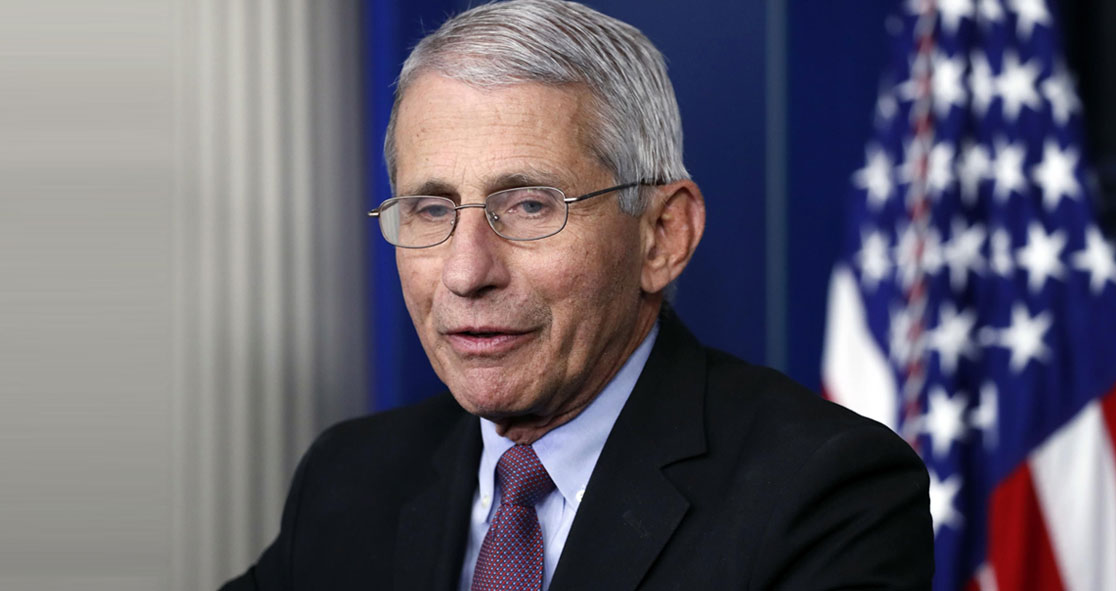Dr. Anthony Fauci, head of the National Institute of Allergy and Infectious Diseases (NIAID), said a COVID-19 vaccine could be available much earlier if the ongoing clinical trials produce overwhelmingly positive results.
Two ongoing clinical trials of 30,000 volunteers, which are in the Phase III trial, are expected to conclude by the end of this year.
In an interview with KHN, Dr. Fauci, the nation’s top infectious disease expert, said an independent board has the authority to end the trials weeks early if the results are overwhelmingly positive or negative.
He said, “The Data and Safety Monitoring Board could say the data is so good right now that you can say it’s safe and effective.”
Dr. Fauci’s comments come after growing concern over whether political pressure from the Trump administration could influence the FDA to approve a vaccine or a drug much earlier than expected. Renowned vaccine experts have said that Trump has been pushing for an early vaccine approval to help win reelection.
“If you are making a decision about the vaccine, you’d better be sure you have very good evidence that it is both safe and effective,” Dr. Fauci said. “I’m not concerned about political pressure.”
The drug safety board periodically looks at data from clinical trials to determine whether it is ethical to continue enrolling volunteers, who are randomly assigned to receive an experimental vaccine or a placebo.
Currently, three experimental COVID vaccines are undergoing large-scale U.S. trials.
The first two trials – one led by Moderna Therapeutics and the National Institutes of Health (NIH) and the other led by Pfizer and BioNTech – began in late July, with each trial enrolling 30,000 participants.
The third trial – led by AstraZeneca – was recently launched in the U.S., involving 30,000 volunteers. Other vaccine candidate trials are expected to begin this month.
The trials of this size would help researchers to know whether a vaccine is effective, according to CDC Director Dr. Robert Redfield.
He said, “It may be surprising, but the number of events that need to occur is relatively small.”
“Safety boards set ‘stopping rules’ at the beginning of a study, making their criteria for ending a trial very clear, said Dr. Eric Topol of Scripps Research in San Diego.
He added, “Although the safety board can recommend stopping a trial, the ultimate decision to halt a study is made by the scientists running the trial.”
Considering the safety and efficacy of the vaccine in these trials, manufacturers can then apply to the FDA for an Emergency Use Authorization (EUA), which is typically approved quickly, or continue through the regular approval process, which could take more time and evidence.
Dr. Fauci said safety monitors also can stop a trial because of safety concerns, “if it looks like it’s actually harming people in the vaccine arm, due to a lot of adverse events.” He continued, “All of that [trial and FDA process] has to be transparent. The only time you get concerned is if there is any pressure to terminate the trial before you have enough data on safety and efficacy.”























